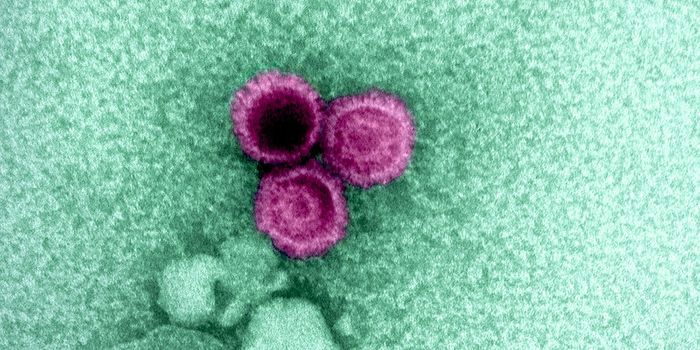A Cup of Coffee Could Help Chronic Inflammation
Stanford researchers have uncovered an association between the aging process, chronic inflammation that can come with aging, cardiovascular disease risk, and a good old cup of coffee.
The multiyear study, published in Nature Medicine, followed 100 participants through blood samples, surveys, and medical and family history. By in-depth genetic and epidemiological analysis of study data, the group identified several correlating health factors with caffeine as well as a common inflammatory mechanism that was active in a subset of the participants that had low caffeine intake and suppressed in those that regularly drank coffee.
Chronic inflammation is known to become more prevalent with age. It is also one of the main causes of a host of age-related diseases, such as many cancers, Alzheimer’s disease and other dementias, cardiovascular disease, osteoarthritis and even depression. The fact that the study shows a direct correlation between chronic inflammation pathways and cardiovascular risk further supports previous findings.
“More than 90 percent of all noncommunicable diseases of aging are associated with chronic inflammation,” said the study’s lead author, David Furman, PhD, a consulting associate professor at the Stanford Institute for Immunity, Transplantation and Infection, “It’s also well-known that caffeine intake is associated with longevity. Many studies have shown this association. We’ve found a possible reason for why this may be so.”
Researchers compared blood drawn in older vs younger participants to figure out if there were any immune-related genes that were more active in older people and thus potentially associated with aging. They focused on two gene clusters that are connected to the activity of a specific circulating inflammatory protein called IL-1-beta. The IL-1-beta protein an important mediator of the inflammatory response, and is involved in various cellular activities, including cell proliferation, differentiation, and apoptosis. IL-1-beta is also found to contribute to inflammatory pain hypersensitivity, and its surrounding process is implicated in cardiovascular disease and overall mortality.
IL-1-beta tends to be triggered by metabolites, breakdown products from nucleic acids, circulating in the blood. The findings showed that the effects of these metabolites were countered by caffeine and its metabolites.
Looking further into what associations the gene clusters have within the group of participants, the team found several other unique differences. Within the older group of participants, those that had high activation of one or both gene clusters also had high blood pressure, were less likely to live to 90, had increased activity of free radicals and had elevated levels of both IL-1-beta and circulating metabolites.
In order to confirm these associations, the team incubated immune cells with certain metabolites and tested gene cluster and IL-1-beta activity. As expected, the metabolites caused an increase in activity in one of the gene clusters, resulting in increased IL-1-beta production. The team then injected the metabolites into mice, which caused severe systemic inflammation and increased blood pressure.
Returning to the premise of the involvement of caffeine in the correlations between older participants’ health and gene-cluster activation, the researchers confirmed that blood taken from the healthier group with low cluster activity was enriched for caffeine and its metabolites. Adding caffeine and its breakdown products to immune cells along with the original nucleic acid metabolites prevented the metabolites from causing the same severe inflammatory effect on the cells.
“That something many people drink — and actually like to drink — might have a direct benefit came as a surprise to us,” said Davis. “What we’ve shown is a correlation between caffeine consumption and longevity. And we’ve shown more rigorously, in laboratory tests, a very plausible mechanism for why this might be so.”
Sources: Stanford News, Nature Medicine









